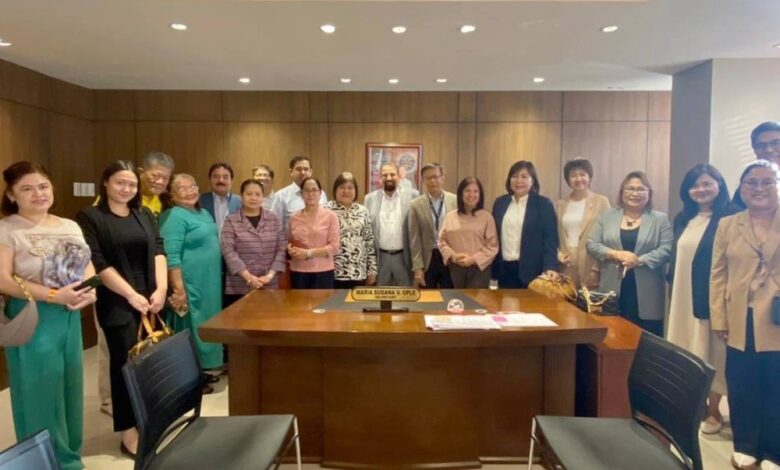Kuwait, Manila set to engage in virtual meetings to iron out labor differences

Kuwait and Manila are set to engage in virtual meetings through the “Zoom” platform to address the crisis stemming from the Philippines’ insistence on labor shelters established by its embassy in Kuwait, a move considered illegal by the Kuwaiti authorities.
Sources with knowledge of the matter suggest that revisiting the terms of the bilateral memorandum of understanding between the two nations could offer a viable solution to the ongoing crisis. This may involve incorporating clauses related to the rights of Filipino workers, thereby eliminating the need for the embassy to establish shelters for its citizens in Kuwait, reports Al-Jarida daily.
According to Abdulaziz Al-Ali, advisor to the Kuwaiti Union for Domestic Workers Recruitment Office Owners a delegation from the union had engaged with Filipino officials to iron out some discrepancies in views and that the Philippine Minister of Migrant Workers conveyed that efforts were underway to finalize the MoU, for an optimal solution to the recruitment process. However, Al-Ali has emphasized on the urgency of resolving the issue before the holy month of Ramadan to alleviate the escalating labor crisis.
Moreover, Al-Ali added the Union members had visited the Philippine Ministry of Migrant Labor in the EDSA region, initiated at the invitation of its counterpart in Manila.
During the visit, the Union delegation met with the Acting Minister of Migrant Workers and the latter gave an update on the progress of talks and bilateral discussions aimed at resuming the process of bringing in new domestic workers. The Minister acknowledged the positive and fruitful nature of the meetings between the Kuwaiti Foreign Ministry, the Public Authority for Manpower, and their Filipino counterparts, underscoring efforts to finalize the MoU for an optimal recruitment process.
Al-Ali praised the collaboration between Kuwaiti and Filipino federations, emphasizing the strength of relations and joint efforts. He highlighted the significance of Filipino workers, citing reasons such as effective communication, a high level of education, and familiarity with community customs and traditions, making them the preferred choice for both Kuwaiti and expatriate families.












